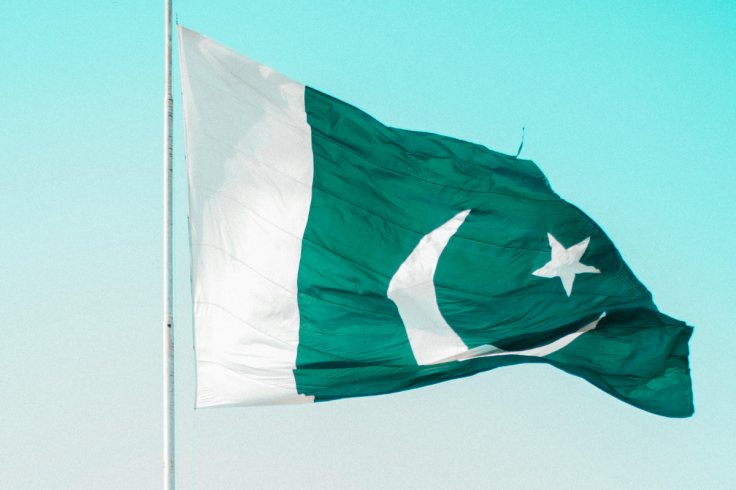Pakistan on Edge as Israel-Iran War Escalates Near Its Borders
Amid rising Israel-Iran tensions, Islamabad acts swiftly to shield itself from conflict at its doorstep

Pakistan is growing increasingly uneasy as the Israel-Iran conflict inches closer to its western frontier. With Israeli air strikes deep inside Iranian territory and military retaliation already underway, Islamabad has taken emergency measures to insulate itself from potential fallout.
On Tuesday, Pakistan closed two key border crossings with Iran—Taftan and Gabd Rimdan—in a bid to manage the rising risk of spillover. The move came just one day after Israel launched fresh attacks on Iranian military infrastructure. Pakistani nationals stranded in Iran have since been guided back through southwestern Balochistan, with local authorities confirming that evacuation routes remain open for citizens but sealed for trade.
What Prompt the Sudden Closure?
The tipping point came earlier this week when Israeli air raids reportedly targeted radar systems and suspected nuclear-linked facilities across Iran. Tehran responded swiftly, launching its own wave of drones and short-range missiles. Though the confrontation remains within Iranian airspace for now, the proximity to Pakistan's western border has left Islamabad with little choice but to act defensively.
Officials described the decision to shut the crossings as a 'precautionary necessity'. The Foreign Office issued a strongly worded statement condemning the Israeli strikes, calling them 'a serious provocation' and warning that continued escalation could 'destabilise the region well beyond its current fault lines'.
When Did The Escalation Begin?
Tensions have been simmering for months, but the latest exchange of strikes began in earnest on 16 June, when Israel intensified its aerial campaign. Within 24 hours, Pakistan responded both diplomatically and logistically—condemning the attacks and initiating border closures on 17 June.
The fallout was swift. Embassies in Tehran began urging their nationals to leave the country. Pakistan's mission arranged transport through Taftan, where returning citizens were screened and provided with temporary shelter.
Where Are the Pressure Points?
The border region between Pakistan and Iran is largely remote but strategically vital. The crossings at Taftan and Gabd Rimdan serve not only traders and truck drivers but also religious pilgrims, students, and informal labourers who frequently move between the two nations.
The area has a history of volatility. Early last year, Pakistan and Iran exchanged rocket fire after a militant incident near the Balochistan border. Memories of that skirmish remain fresh, which may explain the urgency and seriousness of Islamabad's current response.
Who's Directly Affected?
Hundreds of Pakistanis working or studying in Iran have been directly impacted. Many scrambled to leave after embassies began issuing travel advisories. Officials confirmed that most evacuees returned via land, as commercial flights were either cancelled or fully booked.
At home, the situation has taken on political weight. Foreign Minister Ishaq Dar, alongside Pakistan's UN envoy, publicly criticised Israel's actions and called for international restraint. However, officials have denied rumours that Pakistan is providing nuclear support to Tehran, emphasising that the government has no plans to move beyond diplomatic condemnation.
Why Is This a Red Line for Islamabad?
Pakistan's concern goes beyond mere geography. Its energy corridors, regional partnerships, and internal stability could all be threatened if the Iran–Israel conflict spreads further east. Security analysts warn that sectarian tensions could erupt along volatile fault lines inside Pakistan, particularly if neighbouring states are drawn into the war.
There is also fear of a potential refugee influx, disrupted trade, and terrorist spillover. While Islamabad is not directly involved in the conflict, officials understand the high stakes of being situated so close to the line of fire.
How Is Pakistan Navigating the Crisis?
Pakistan's concern goes beyond mere geography. Its energy corridors, regional partnerships, and internal stability could all be threatened if the Iran–Israel conflict spreads further east. Security analysts warn that sectarian tensions could erupt along volatile fault lines inside Pakistan, particularly if neighbouring states are drawn into the war.
There is also fear of a potential refugee influx, disrupted trade, and terrorist spillover. While Islamabad is not directly involved in the conflict, officials understand the high stakes of being situated so close to the line of fire.
© Copyright IBTimes 2025. All rights reserved.




















